35 years since 'Farzand e Imam' was killed for taking on Takfiris, Zionists
By Syed Zafar Mehdi
Writing in the quarterly journal ‘Third World’ in April 1988, Maleeha Lodhi, who was at the time teaching political sociology at the London School of Economics, described Allameh Arif Hussain al-Hussaini as someone who “epitomizes rising Shia activism in Pakistan.”
“He represents a new generation of Shia leadership that is politically more assertive and inspired by Ayatollah Khomeini and Iran’s Islamic Revolution,” she wrote about the head of Tehreek e Nifaz e Figh e Jafari, a leading Shia political organization in Pakistan at the time.
Lodhi’s interview with Hussaini was published just four months before his assassination.
The Pakistani Shia leader’s life was brutally cut short by the same forces he opposed on the fateful morning of August 5, 1988. He was only 42 years of age at the time of his martyrdom.
A young and visionary political figure, Hussaini was the symbol of resistance and resilience against inimical forces in the Muslim-majority South Asian country, inspired by the Islamic Revolution.
On his martyrdom, Imam Khomeini described Hussaini as a “loyalist and lover of Islam and its revolution, as well as the defender of the oppressed and deprived.”
“Pakistan's blessed people are from a pro-revolution nation. They aspire to live according to Islamic rulings, with which we have an ancient, deep, and faithful relationship. It is imperative for them to keep Shaheed Syed Arif's thoughts alive and to pass his message on,” Imam wrote in his message.
At the end of his message of condolence, the founder of the Islamic Revolution referred to the martyred Pakistani religious and political leader as his “son”, a sign of deep affection between them.
Hussaini belonged to the Doerazai tribe in a small hamlet in Parachinar, a Pashtun-dominated area on the border with Afghanistan. His early education was in the same area before he went to Najaf, Iraq.
He spent years in the Najaf seminary, where he came in contact with Imam Khomeini who was living in exile at the time. He would dutifully attend all lectures of Imam Khomeini and encourage others as well.
Once, a friend of Hussaini warned him against his closeness with Imam, who was under strict surveillance by Western and Arab intelligence agencies.
Hussaini’s reply was direct and astute. “We are amongst those who say “Labbaik" to the call of “Hul Min Nasirun Yansuruna" by Imam Hussain (AS). We are in search of truth and we support every movement for truth and justice wherever it is in the world.”
Owing to his close association with Imam, Hussaini imbibed the revolutionary spirit and that is what eventually shaped his worldview and political ideology when he returned to Pakistan.
In his fiery political lectures, he often referred to the struggle of Imam Khomeini against the West-backed autocratic Pahlavi regime of Iran and the stupendous success of the Islamic Revolution.
Hussaini's growing popularity in Pakistan, cutting across sectarian lines, caused disquiet in the power corridors of Pakistan as well as in Riyadh, Washington and Tel Aviv.
He would strongly and vocally speak against the sinister conspiracies of Western imperialists and Zionists against Muslims and minced no words in denouncing the anti-Islamic and anti-revolution forces in Pakistan and elsewhere.
He knew fully well the challenges and risks that were involved in his mission but refused to be silenced or intimidated or cowed down.
As the head of the Millat e Jafariya Pakistan, Hussaini brought together the community and worked assiduously to foster Shia-Shia unity in Pakistan, which unnerved Pakistan’s then-military dictator General Zia ul Haq and his Western patrons.
At the age of 42, after offering morning prayers at his seminary in Peshawar, two armed assailants forced their way inside the main hall and assassinated him in cold blood.
An award-winning documentary film ‘Farzand e Imam’, which was released in April 2018, chronicles his life and times as well as his struggles, his resistance, and his unwavering stand against Takfirism.
As the film depicts, the Islamic Revolution and Imam Khomeini had a deep impact on him.
Thirty-five years after his martyrdom, Hussaini’s memory and legacy continue to be a source of inspiration for the campaigners of truth and justice who believe in the righteousness of their cause.
Israel indicts two settlers over suspected spying for Hezbollah
Iran: US airstrikes on Yemen war crimes, violation of international law
Yemeni armed forces down F-18 fighter jet, repel US-UK attack: Spokesman
Iran warns against US-Israeli plot to weaken Muslims, dominate region
VIDEO | Public uproar in US against Israeli regime
‘Ghost town’: 70% of Jabalia buildings destroyed by Israel
Mother’s Day: Sareh Javanmardi’s inspiring journey as Paralympic champion and mother
Russia downs over 40 Ukrainian drones as Putin vows 'destruction' on Kiev


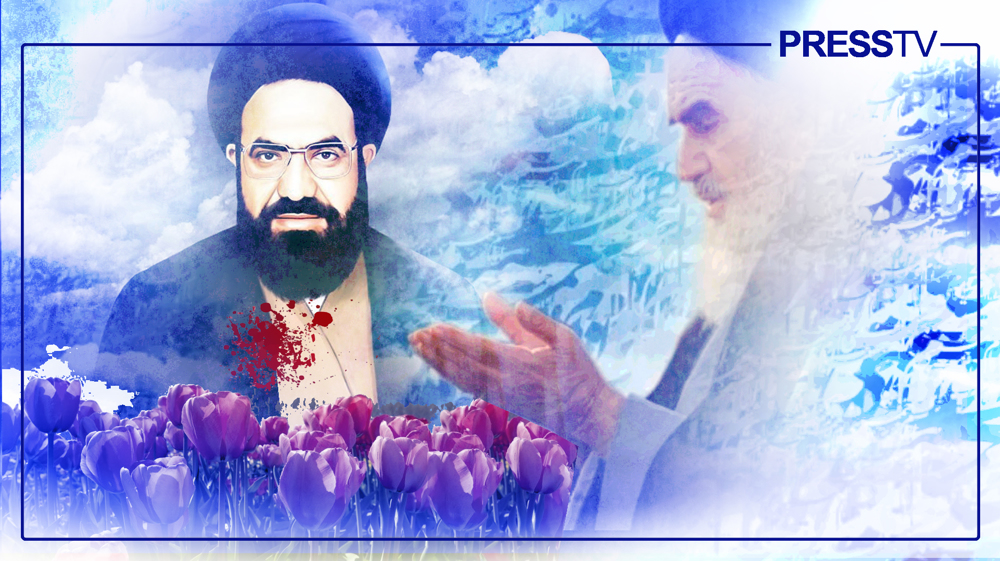

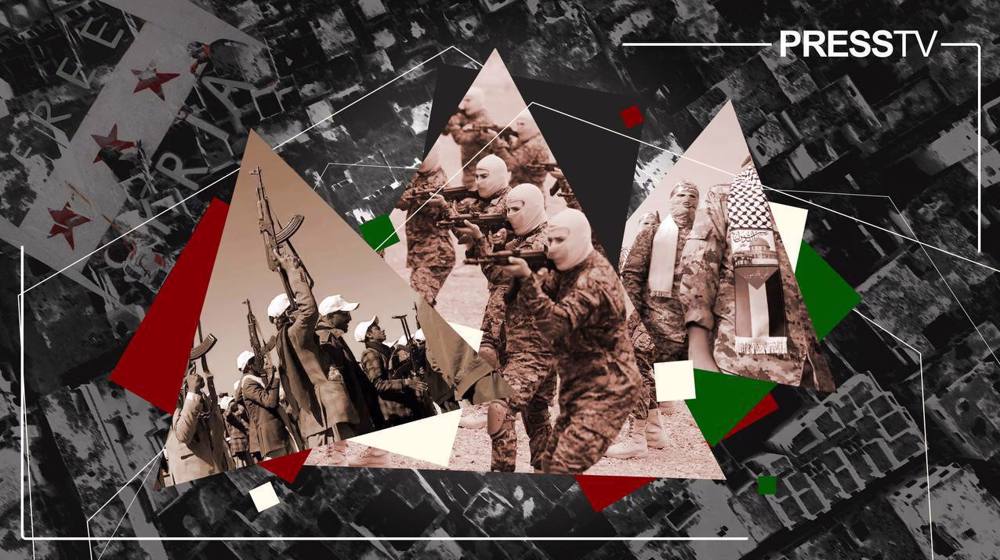




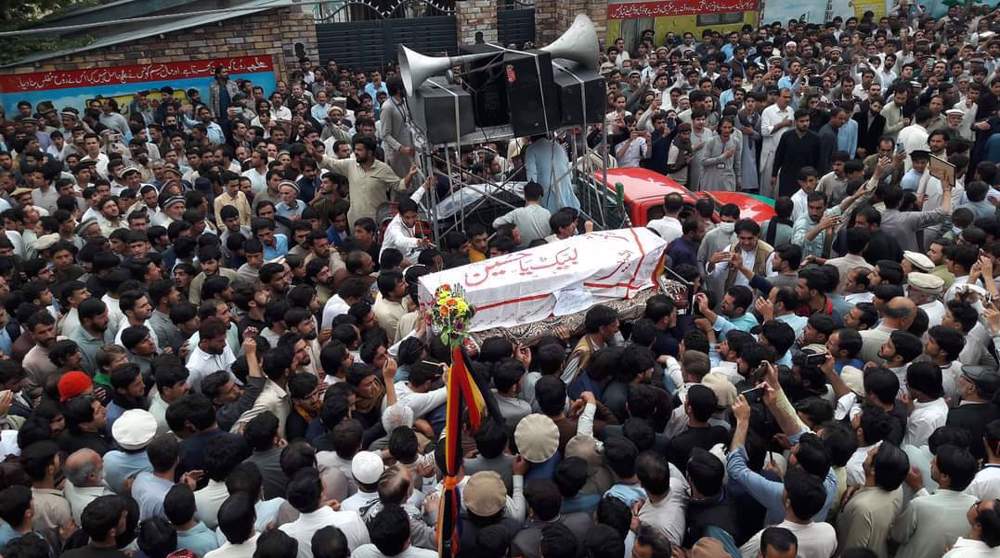
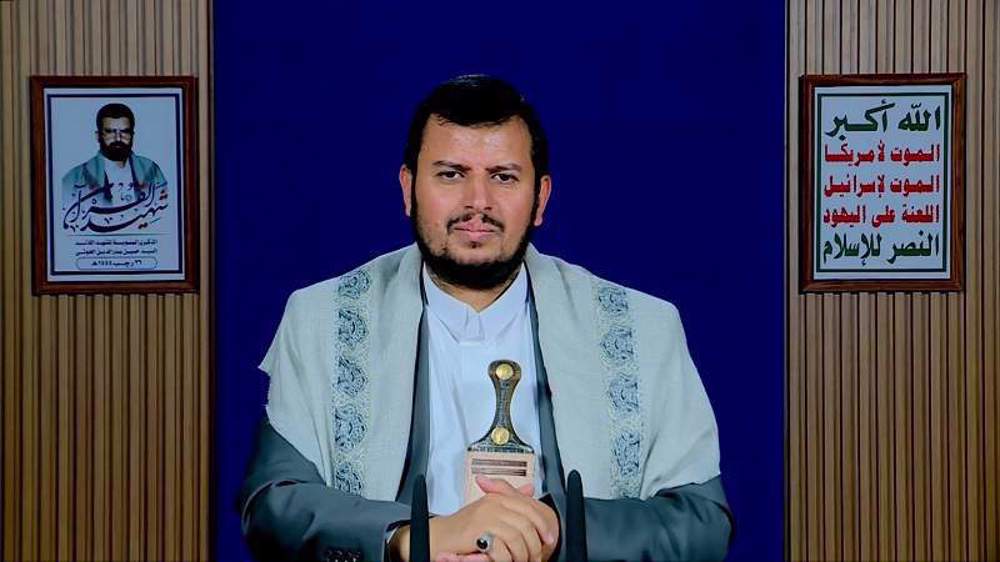
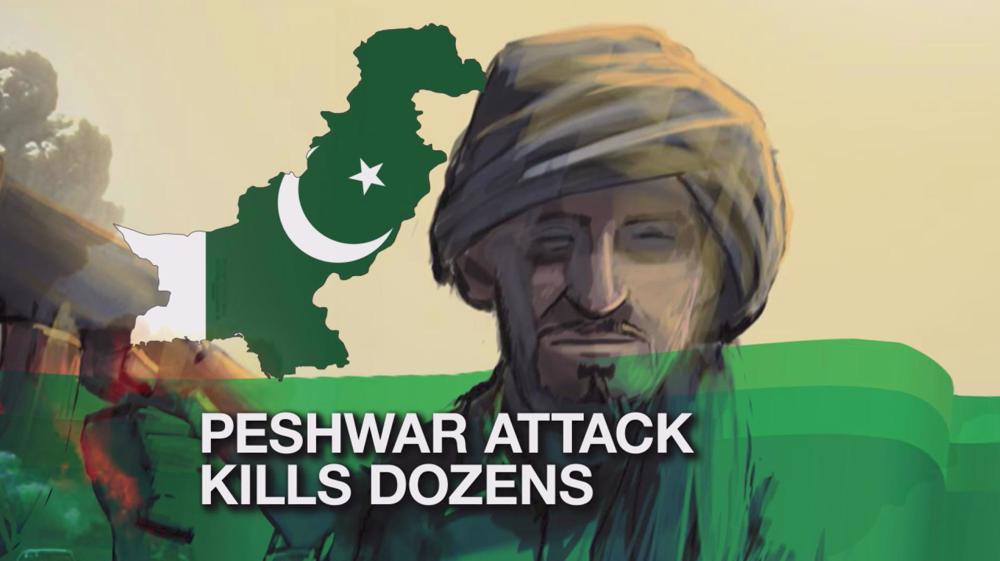
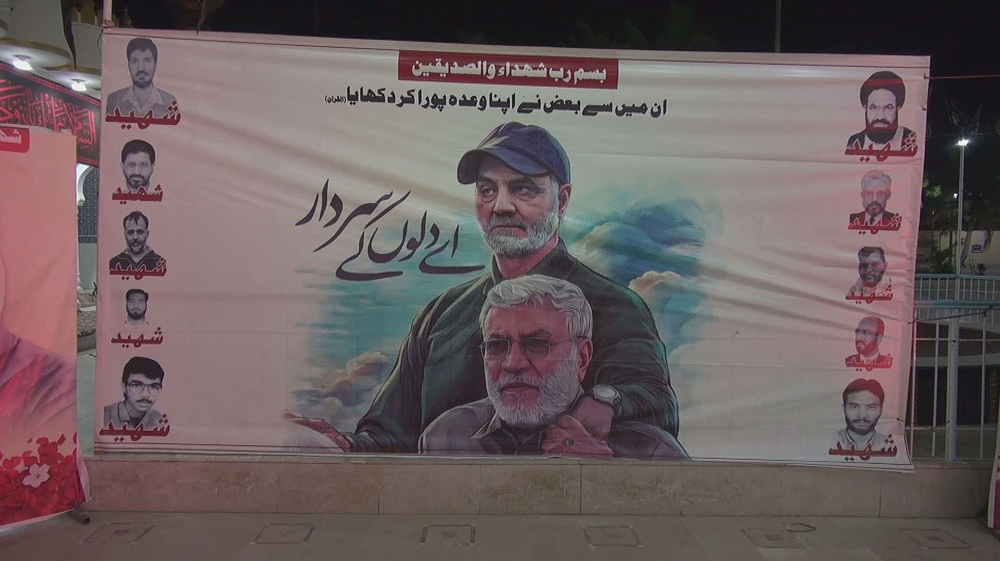
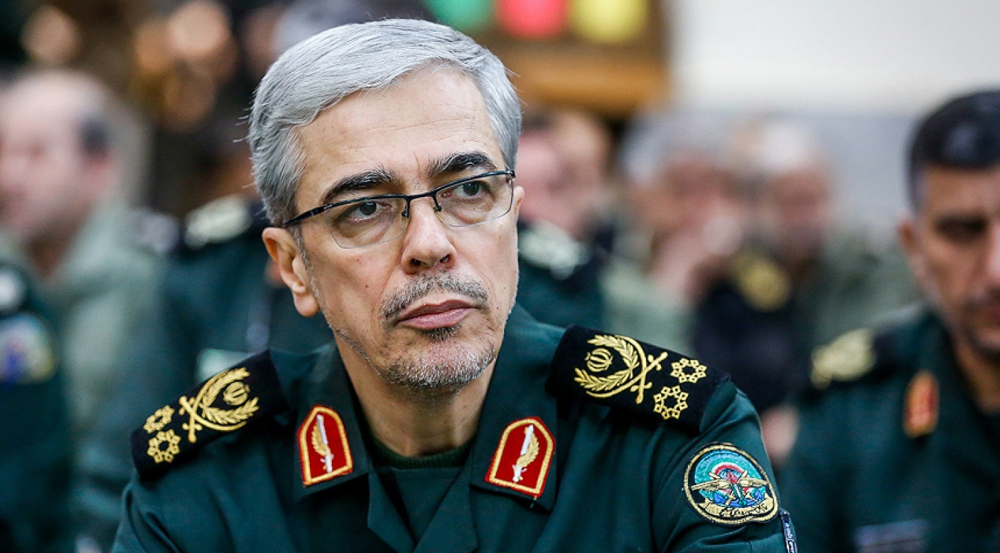

 This makes it easy to access the Press TV website
This makes it easy to access the Press TV website